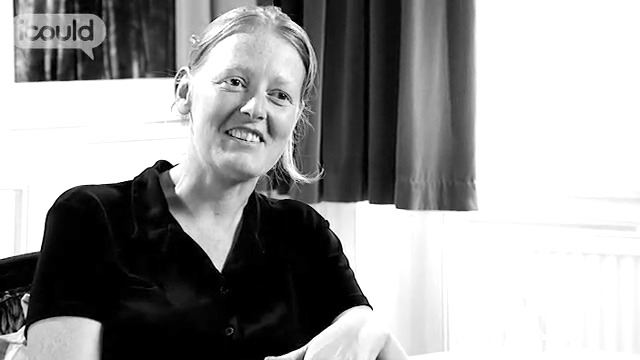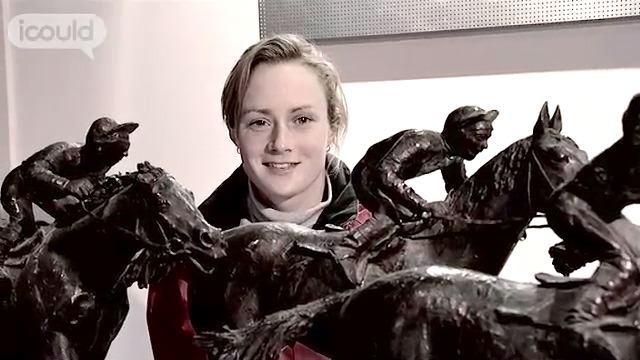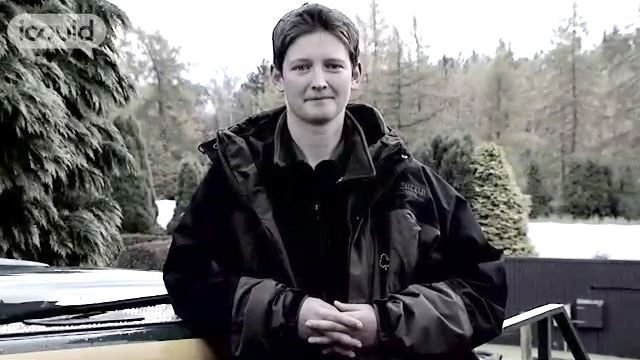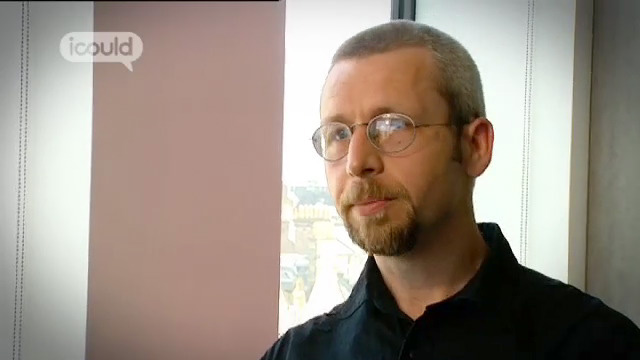Skills Trainer and Consultant
Self-Employed
Nathan R
00:01 I’m Nathan R I describe myself as a freelance skills trainer and consultant and I work for myself. A lot of my time at the minute is spent sort of thinking of and developing short training courses. Since I started on this sort of path it’s usually involved doing skills training and workshops for universities and with a special focus on postgraduate researchers.
00:29 I became self employed at the end of my PhD and I decided to go on this path because of lots of different things that people had told me, they told me that I’d be good in this area it wasn’t any one thing I guess it was just a lot of things that came together that sparked that idea.
00:46 I can’t remember what age I was at when I realised that I really enjoyed maths and really wanted to just keep doing that. My dad did lots of different things, he was self employed for a large time of my childhood as a market trader, my mum had worked prior to being married but when she got married she was a housewife and would help my dad with the business as well.
01:16 My dad passed away when I was 17 so, it’d be just at the start of my upper 6th year and so a few years after that my mum went back to work and she works as a nursery nurse. Funnily enough it made me rethink what I wanted to do at university, because for a long time, from somewhere in my GCSE sort of years, there was this thought that what I would do is, I will go to the university of Liverpool, I will do a maths degree and then I will become a maths teacher. And, when my dad died, I realised that I couldn’t remember why I wanted to do that, I couldn’t remember what it was other than giving something back say or thinking that I’d be good at it. That sort of drive or thought of you know this is a really good idea because, I couldn’t remember what that because was anymore.
02:16 It was just before I put my UCAS forms in and I switched from if you like just putting maths to maths and philosophy as my main thing.
02:25 There’s always a sense when I look back that there were two mes, there was the one before and the one after.
02:34 I worked as a study skills assistant for visually impaired students so that was a, it was with the university of Liverpool just full time, going to lectures with the student and helping with things like note taking and research for their own undergraduate degree.
02:55 The main thing that came out of it for me was, I think firstly a sense of purpose because this guy within about 2 or 3 years from when I was helping him he would be blind and so, this was his last opportunity as he saw it to do something. He thought you know by going back to university he would you know be able to retrain and have another career afterwards despite his you know the disability that was developing. And it was inspirational in a way because he this was you know when he turned up for lectures he gave it everything. For him, he had to pass and he had to pass well and it was that sort of drive and determination to do things well the first time that kind of inspired me to put everything into what I do from now on.
03:56 I’m doing what I’m doing now because, because I want to do it and because I enjoy doing it.
04:04
Nathan R describes himself as a “freelance skills trainer and consultant… A lot of my time at the minute is spent thinking of and developing short training courses. Since I started on this sort of path it’s usually involved doing skills training and workshops for universities and with a special focus on postgraduate researchers”.
More information about Vocational and industrial trainers and instructors
The UK average salary is £29,813
There are 37.5 hours in the average working week
The UK workforce is 47% female and 53% male
Future employment
- Assesses training requirements and prepares lectures, demonstrations and study aids;
- Supervises trainee development, assists trainees with difficulties and prepares regular progress reports on each trainee for management;
- Arranges work experience and instructional visits for trainees;
- Plans curriculum and rota of staff duties and updates or amends them in light of developments;
- Advises on training programmes and discusses progress or problems with staff and trainees;
- Devises general and specialised training courses in response to particular needs.











